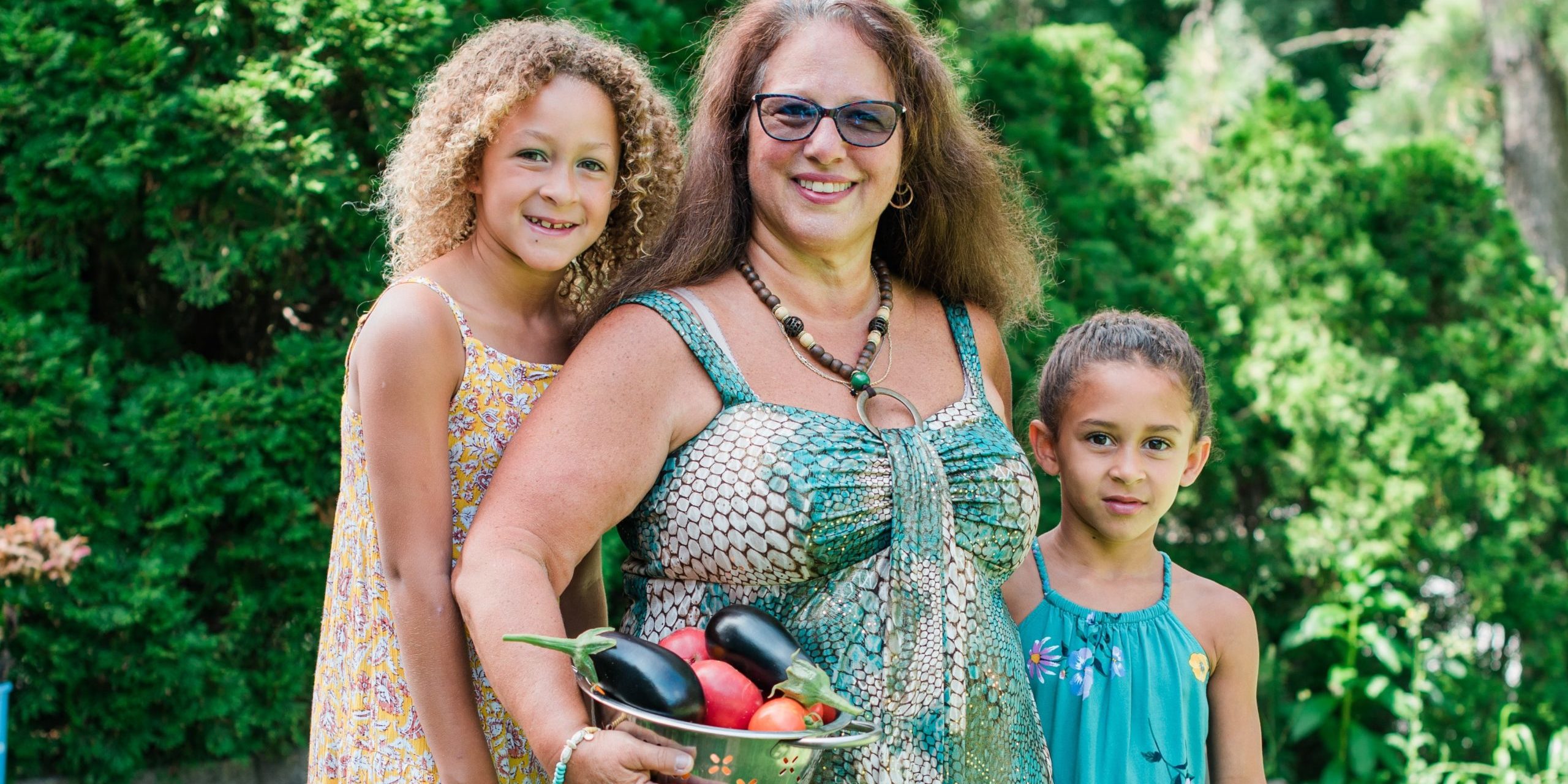Annette Johnson of Medford had tried many diets in her lifetime and, like many people, was successful at losing weight. And, like many people, she always found the pounds creeping back on. That’s why, earlier this year, she began researching weight loss surgery. “I’ve always been overweight, and as I’ve gotten older, losing it has been harder,” she said. Now 62, she thought surgery was the only option left. But at a seminar on the subject she attended that was given by Mather Hospital, she found out about a new option: medical weight management. Led by registered dietitians and physicians, the program focuses on nutrition education, behavior modification and team support. “I know weight-loss surgery works well for some people, and I actually started this process in part to support my sister, who was getting a procedure,” she said. “But when I found out about the Comprehensive Medical Weight Loss Program, I knew it was a better way for me to get results without surgery.” “The program begins with a comprehensive medical and nutritional evaluation,” said registered dietitian Nicole Drepaniotis, MS, RDN. That’s followed by counseling and weekly classes to introduce participants to lifestyle changes that they can realistically stick with longterm. (The meetings are typically in person but have switched to a virtual platform during the pandemic.) This intensive phase lasts 12 weeks; afterward, participants segue into a four-month maintenance program.
Small changes
“We emphasize that weight management is more complex than just what we eat,” said Drepaniotis. “We’re trying to build awareness around why we make certain choices, how our environment impacts food and how we can take control over what we eat.” The principle is that you can build healthy habits through very small changes — by starting to replace fries with steamed vegetables at lunch, for example, or eating in response to hunger rather than just because it’s meal time. About 800 people have been through the program since 2014. The support and respect that participants experience is part of what makes many successful, said Ms. Drepaniotis. There are no public weigh-ins, and the team is focused on motivation. “The biggest thing we emphasize is that this is a safe environment for weight loss,” she said. “It’s not about being negative in terms of what you’ve been eating, it’s about helping you put everything together for positive, meaningful behavior change.”
Big results
For Johnson, those little tweaks have added up to a big shift. Not only has she lost 24 pounds, but she’s changed the way she cooks and what she orders when she goes out. “I’m a big foodie, but now I’m much more mindful about what I use instead of cooking the way I always have,” she said. For example, she’ll make extra vegetables instead of pasta for a side dish or use yogurt instead
of ricotta cheese in her eggplant parmesan. Her egg salad now contains mashed avocado — a delicious, healthy fat — rather than mayonnaise. “I’m testing things, using different ingredients and really playing,” she said. That’s a difference from past attempts at weight-loss when she was tracking her food closely, but was counting points instead of learning about nutrition. Now, she knows about healthy fats, carbohydrates and protein, she said. Achieve and maintain your best personal body weight with a program customized to your needs. Johnson also loves how her healthier approach is rubbing off on her family. Her grandchildren help her prep meals and she talks to them about healthy choices with their snacks. She jokes that now they know to ask for fruits and vegetables at grandma’s house.
Not just slimmer — healthier, too
It’s not all about the food, though. The program has helped Johnson get on a healthier path in general. Before going on the program, she learned that she was prediabetic. She was determined to avoid the fate of all four of her sisters, who deal with diabetes. Her recent bloodwork showed that she’s no longer in the prediabetic range. Her doctor gave her a high five. “This program is lifechanging,” she said.

